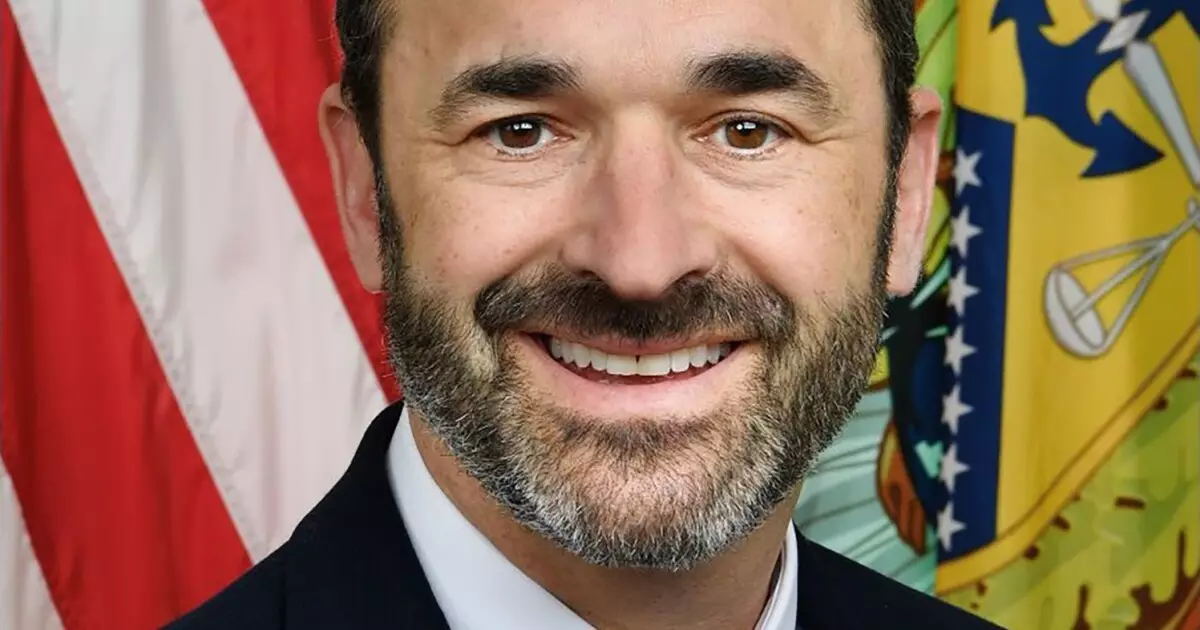During a recent Senate Finance Committee hearing, IRS Commissioner Danny Werfel defended the agency’s need for increased funding. Werfel requested an extension of IRA funding through fiscal 2034, arguing that it would generate additional revenue for the government. He highlighted the positive impact of the Inflation Reduction Act funding on the IRS’s operations, leading to one of the agency’s best filing seasons. However, the increase in funding became a point of contention during the hearing, with some lawmakers questioning the need for additional resources.
Political Football
The issue of IRS funding became a political football, with the agency facing a $20 billion financial hit during debt ceiling negotiations. While Werfel emphasized the importance of sustained investments in the IRS workforce, training, and technology, some Republicans expressed concerns about the magnitude of funding requests. Senator Mike Crapo raised questions about the IRS’s ability to effectively utilize the proposed funding, given the significant increase compared to the agency’s current budget.
The public finance industry has closely monitored the growth of the IRS budget, particularly in relation to audit rates for bond transactions. There are concerns that funding boosts could lead to higher enforcement efforts and audit rates. Werfel assured lawmakers that enforcement efforts would be carefully scaled to maintain transparency and nonpartisanship in IRS operations. The agency aims to address tax issues in a fair and unbiased manner, free from political influence.
The Senate Finance Committee’s discussion also touched on the Tax Relief for American Families and Workers Act, a bill aimed at providing relief to taxpayers. The bill, which passed in the House but has faced challenges in the Senate, includes adjustments to tax credits and private activity bonds. Committee Chair Ron Wyden highlighted the potential benefits of the bill, emphasizing its focus on low-income housing and fraud prevention measures. However, the bill’s progress has been stalled in the Senate, raising questions about its future.
Werfel’s testimony included a proposal to require electronic filing of certain tax forms, such as form 8038-CP for credit payments related to Build America Bonds. The agency currently allows electronic filing but does not mandate it, leaving room for potential improvements in efficiency and data accuracy. The push for electronic filing aligns with efforts to modernize IRS operations and streamline taxpayer processes.
A significant portion of Werfel’s testimony focused on defending the IRS’s Free File program, which offers taxpayers access to free tax filing services through partnerships with private software providers. Democrats support the program as a means of increasing accessibility to tax services, while Republicans argue that the private sector may offer more efficient solutions. The Free File program, launched in 2013, has eligibility requirements based on factors such as age, income, and state residency.
The debate over the IRS budget increase reflects broader discussions around government spending, tax policies, and public services. While the agency seeks additional funding to support its operations and revenue generation efforts, lawmakers must weigh the potential benefits against concerns about budget management and oversight. Finding a balance between funding priorities and taxpayer needs remains a key challenge for policymakers as they navigate complex financial and legislative landscapes.

